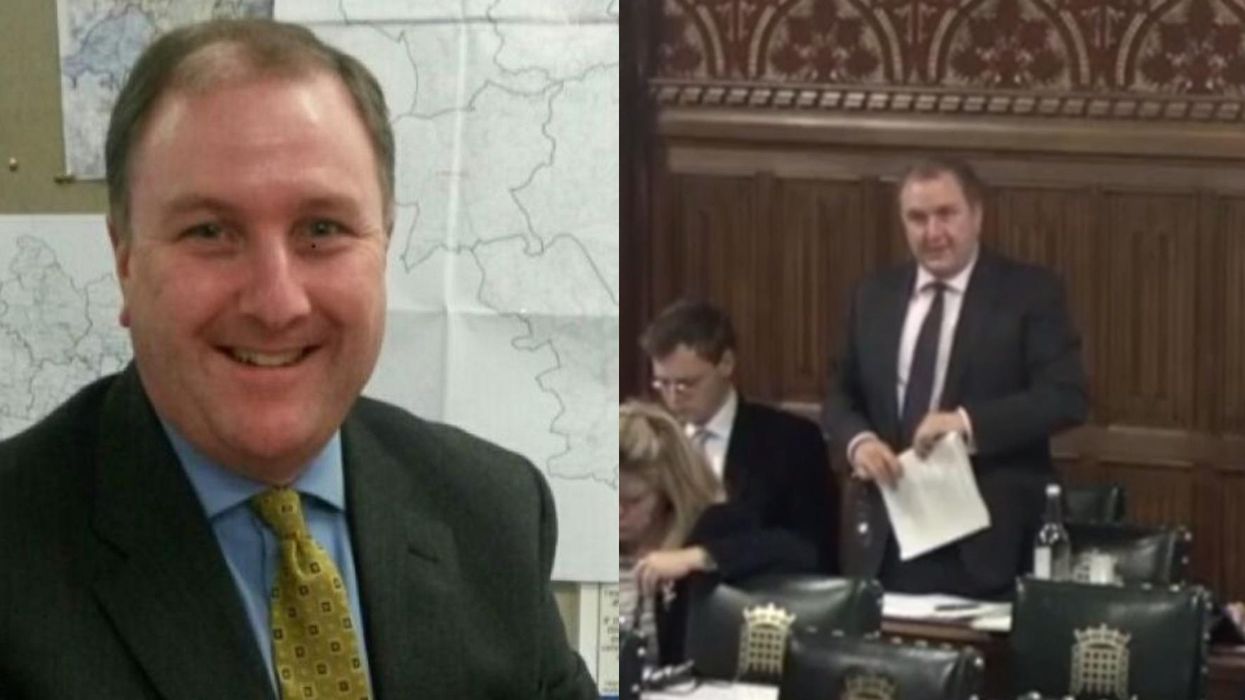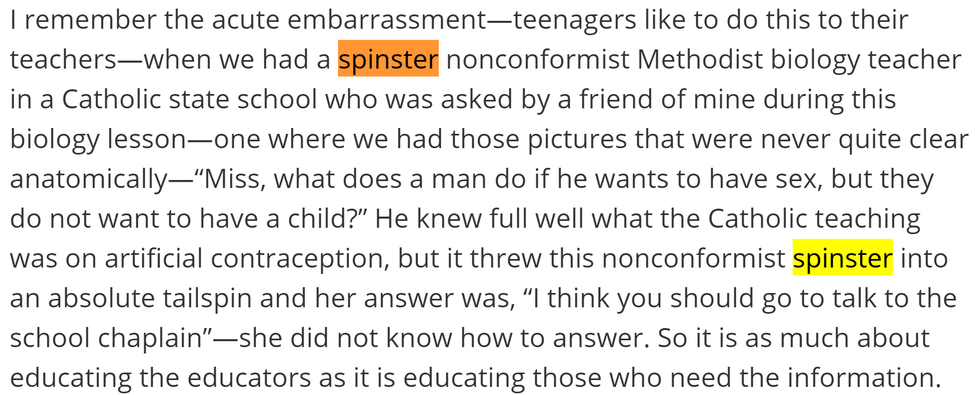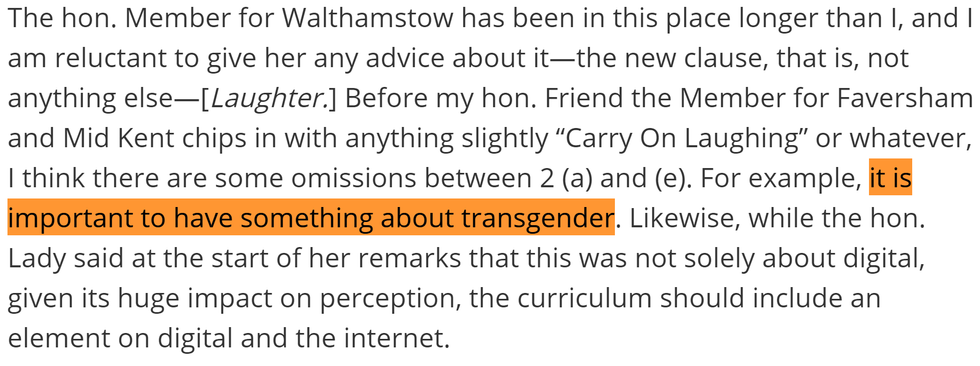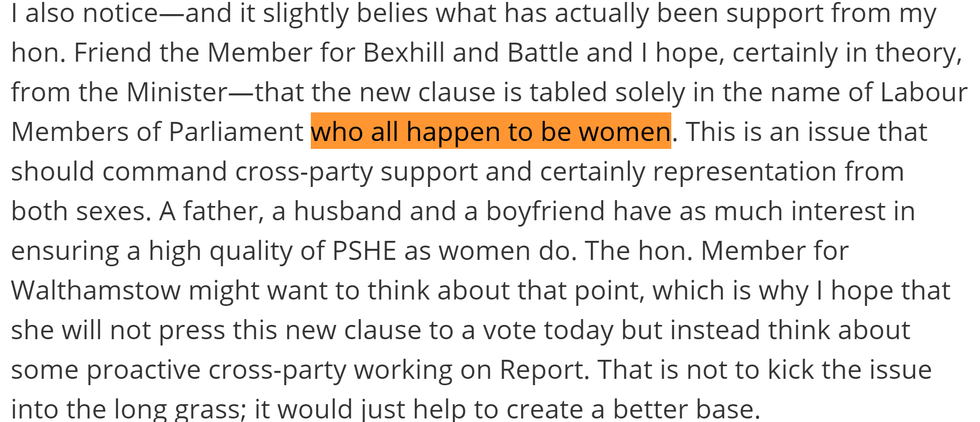News
Rachael Pells
Jan 13, 2017
Tory MPs voted against making sex education compulsory in schools this week, despite months of campaigning led by charities, politicians and public figures.
It’s a serious blow to campaigners, who argue that the current government guidance is seriously outdated and doesn’t include anything about consent, same-sex relationships or online safety.
In fact, the last time the law was updated was more than 16 years ago – older than most children who are actually in school learning about sex and relationships for the first time.
That’s partly why groups such as the End Violence Against Women Coalition and Everyday Sexism Project want sex ed to be given a revamp.
And an all-female group of MPs led by Stella Creasy agrees.
As Kate Green put it in Parliament this week:
I am troubled that despite all the social progress we have made in my adult lifetime, and particularly the immense progress in relation to equality between women and men, young people’s attitudes to relationships between the sexes remain primitive in so many ways.
The fact that those attitudes should still be pervasive among young people shows that there is a very real need to educate them in relation to not only in the biology of sexual relationships…but on the much broader dimensions of respect and equality.
What a great sentiment. Respect and equality - that's something we can all agree with, right?
Surely everyone was in agreement?
Let’s see how Conservative MP Simon responded, here’s the transcript:
Oh.
Hmm.
He almost turns it around towards the end here:
But then loses it completely by admitting that while he does agree that sex ed should be improved, the reason he won’t be voting in favour is because the bill was written by women.
Well done Mr Hoare, for proving just how needed sex and relationships education really is.
You can read the entire transcript right here, but we advise you have a strong drink to hand.
More: This female actor is anonymously tweeting all the sexism she puts up with in the industry
More: Misogynists more likely to be mentally ill, study shows
Top 100
The Conversation (0)


















